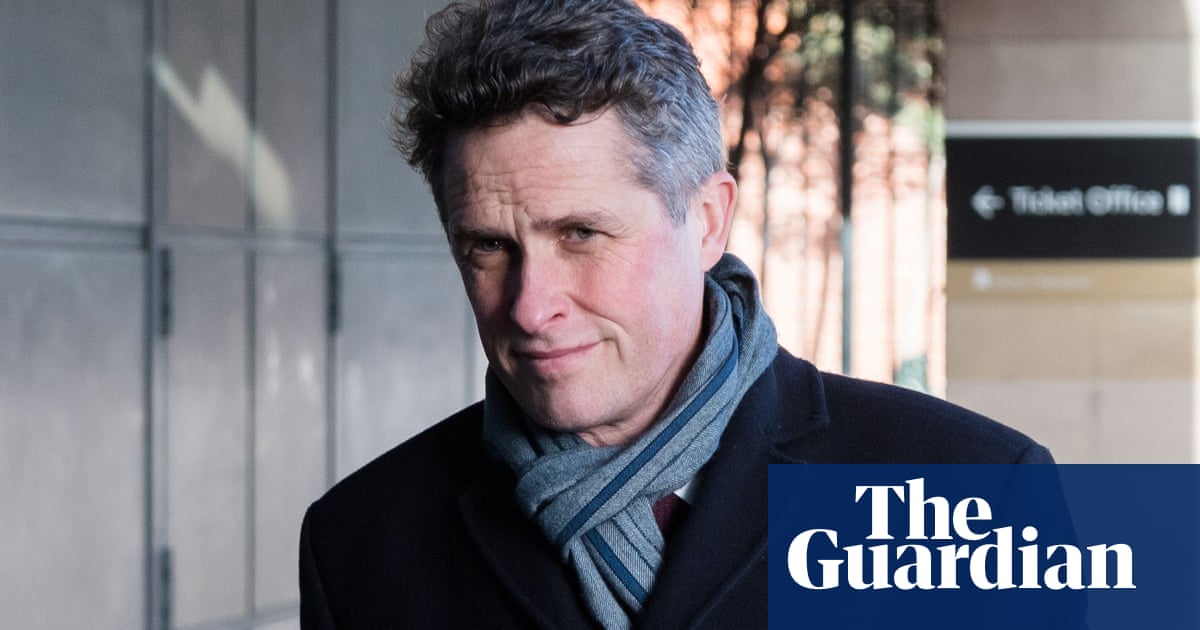
The education secretary, Gavin Williamson, acted unlawfully in removing safeguards for children in care at the start of the Covid pandemic without consulting children’s rights organisations, the court of appeal has ruled.
The children’s rights charity Article 39 launched a legal challenge after the Department for Education removed or diluted 65 separate legal protections, designed to safeguard the 78,000 children in care in England, during lockdown last April.
They included timescales for social worker visits to children in care, six-monthly reviews of children’s welfare, independent scrutiny of children’s homes, and oversight of adoption decision-making for babies and children.
The DfE argued it had taken swift action to bring in temporary changes during a national crisis. The judgment, which was handed down on Tuesday, said Williamson should have consulted the children’s commissioner for England, as well as other bodies representing the rights of children in care, before introducing the changes through the Adoption and Children (Coronavirus) (Amendment) regulations 2020.
“It was manifestly in the interests of the vulnerable children who would be most affected by the proposed amendments that those agencies and organisations representing the rights and interests of children in care should be consulted,” concluded Lord Justice Baker, sitting with Lord Justice Henderson and Lord Justice Underhill.
The high court had previously ruled in the government’s favour. Allowing the appeal, the judges granted a declaration that “the secretary of state acted unlawfully by failing to consult the children’s commissioner and other bodies representing the rights of children in care before introducing the [legal changes]”.
Welcoming the judgment, Carolyne Willow, Article 39’s director, said: “The government’s actions were shameful, both in the scale of the protections they took away from very vulnerable children in England and the way they went about it.”
The DfE meanwhile expressed disappointment. A spokesperson said: “Protecting vulnerable children has been at the heart of our response to the Covid-19 pandemic, and our intention has always been to act in their best interests at every stage.
“We took swift action to bring in temporary changes during a national crisis, all of which have now expired. We will continue working with the children’s commissioner and children’s charities to provide the best possible support to vulnerable children.”
The shadow minister for children and early years, Tulip Siddiq, said the judgment was further proof of the education secretary’s incompetence. She said: “He must now come to parliament and apologise for acting unlawfully and letting down the most vulnerable children.”
Meanwhile, Ofsted’s chief inspector of schools in England has told the independent inquiry into child sexual abuse (IICSA) that addressing the pandemic has been a “gigantic priority”, pushing every other priority down the list.
Amanda Spielman said school attendance had been particularly low among groups of children known to be vulnerable, and some of the normal checks and balances might be compromised as a result of the conditions under which schools and others were working.
Referring to children with special educational needs and disabilities, she told the inquiry: “I would express concern that safeguarding for those children in particular is unusually weak, though not necessarily as a result of a fault by the school but because of the constraints we are all under.”
Helen Humphreys, Ofsted’s specialist adviser for residential care, said some parents were not sending their children to residential special schools because of fears they were not “Covid secure”.
“Some parents don’t feel confident enough that their children will be safe enough if they send them back overnight and a lot of the schools have had to reduce the number of children they accommodate,” she added.
“The offer is much reduced for children in residential special schools and short break settings. The children who perhaps need to be in those settings are not getting that level of offer.”
Spielman told the inquiry Ofsted was not always getting the level of information required about schools from the government and other agencies even though, for example, her body always passed on complaints about independent schools to the DfE.
“There is an enormous web of information which we are not necessarily or consistently able to tap into,” she said, adding that this had also been affected by the strong policy emphasis around privacy and data in recent years.
“The very heavy regime operated by the information commissioner also makes it genuinely difficult for people to know what they can properly record and share.”
Humphreys and John Kennedy, Ofsted’s regional director for London, told the inquiry of occasions when schools had told inspectors, wrongly, that they could not view pupils’ records. Many staff had also been reluctant to note things down or had done so in a very limited way, meaning there was a limited paper trail for inspectors to follow.












